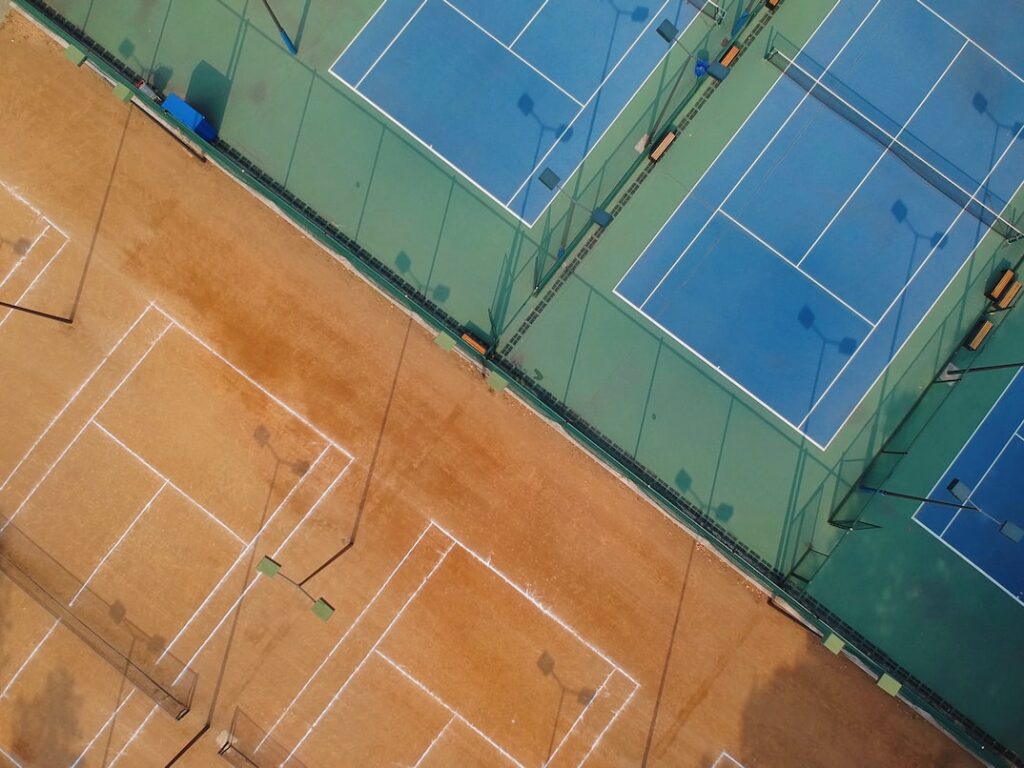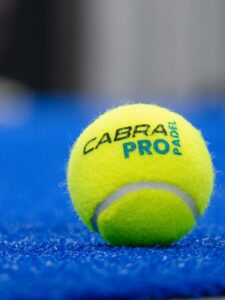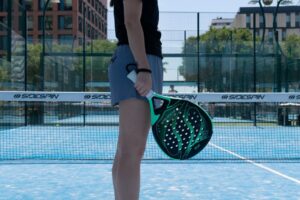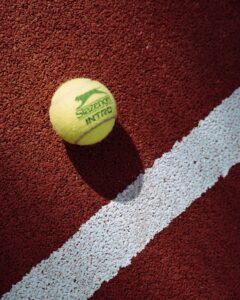Speaking Padel: Understanding the Language of the Court
2 min read
Speaking Padel: Understanding the Language of the Court
If you’re a beginner padel player, you may feel overwhelmed with all the terminologies that come with it. As with any sport, padel has its own language that you need to understand to communicate effectively with your partner, opponents or the coach. In this article, we’ll help you navigate the padel language so you can play with confidence.
First things first: Padel court
Before we dive into the different terms, let’s define the court. A padel court is similar in size to a tennis court but with a lower net, glass walls, and no alleys. A standard padel court is 10 meters wide and 20 meters long with a 2.5-meter high perimeter wall.
The game
Padel is a doubles game, played with four players, two on each side of the net. The objective is to hit the ball past the opponent’s side of the court, making it difficult for them to return it.
The terms
Here are some common padel terms that you might hear on the court:
1. Serve – The serve is the first shot of the game. The player must hit the ball diagonally to the opponent’s court.
2. Forehand and Backhand – These are the basic strokes in padel. The forehand is when the player hits the ball with the hand they write with, while the backhand is when the player hits the ball with the opposite hand.
3. Volley – A shot that is hit before the ball bounces on the court. Volleys are usually played at the net and require quick reflexes.
4. Lob – A lob is a high shot that is hit over the opponent’s head. A lob is usually used to buy time or to hit the ball behind the opponent.
5. Smash – A strong overhead shot that is hit with force. A smash is usually used to end a point.
6. Footwork – Footwork is the movement of the player’s feet to get in position to hit the ball.
The code
Padel also has a code of play that you need to follow when on the court. Here are some important padel etiquettes:
1. Calling – When playing doubles, it is important to call out “mine” when you plan on hitting the ball. This is to avoid any confusion or collisions with your partner.
2. Courtesy – Good sportsmanship and respect for your opponent are crucial in padel. Always shake hands before and after the game and congratulate your opponent on good shots.
3. Re-entering the court – If a player leaves the court during the game, they can only re-enter after the point is over.
In conclusion, understanding the padel language is essential if you want to improve your game. By familiarizing yourself with these terms and codes, you’ll communicate more effectively with your partner, opponents or the coach. Remember, padel is not just about hitting the ball but also about playing with good sportsmanship and respect.







